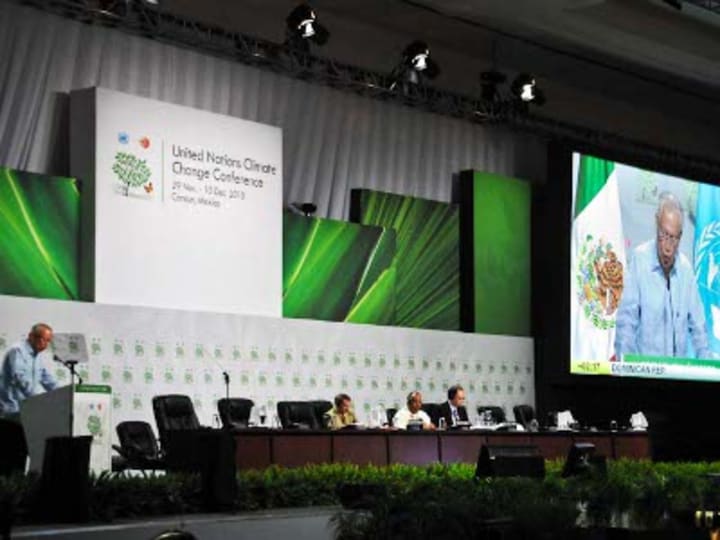
Final agreements on long-term cooperative action forged during the summit do not merit positive assessments - at least not yet, says Neil Bird, researcher with the Overseas Development Institute.
The Cancun agreements cover the Green Climate Fund, a USD100 billion initiative that aims to reduce greenhouse gas emissions and forest degradation, as well as measures to monitor, report and verify emissions reductions by developed countries.
>> Cancun Agreements Revive UN Climate Talks - Officials
Explains Bird: “A major disappointment lies in the minimal advance [of] country targets to reduce their emissions, which need to be the major global response to climate change. Ultimately, without ambitious emissions reductions, the mean global temperature will continue its inexorable rise, damaging the developmental potential of many poor countries.”
On the new Green Climate Fund, Bird notes that “[t]here will be much to play for” over the next 12 months to flesh out the details of the fund.
“Perhaps this is the question that remains hanging after Cancun: just what will be the impact of all the proposed measures? With the international development community now much concerned over the impacts of its actions, the climate change community needs to learn from this and sharpen its focus on how best to deploy limited international resources to secure the greatest impact,” Bird notes in an op-ed piece published in AlertNet.




